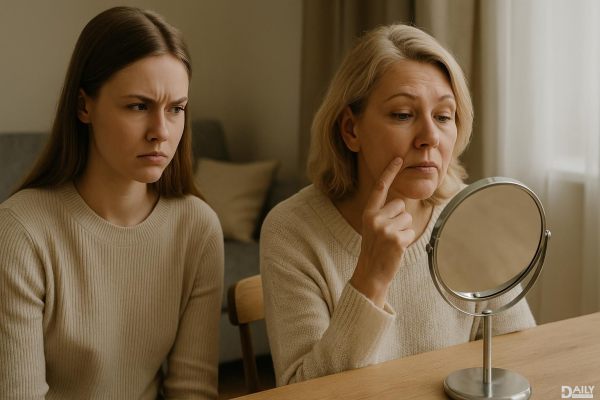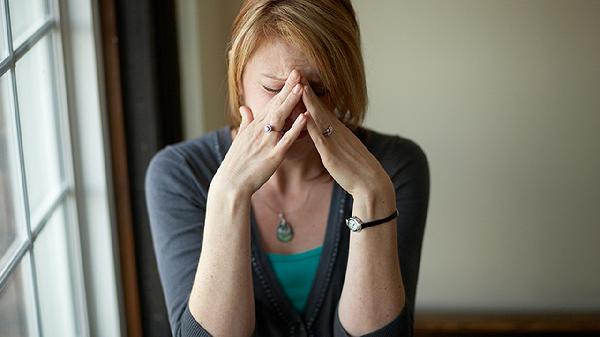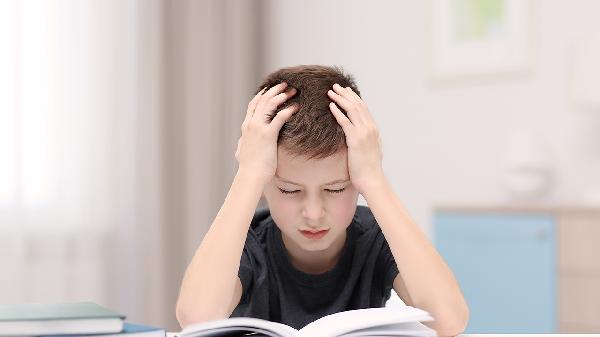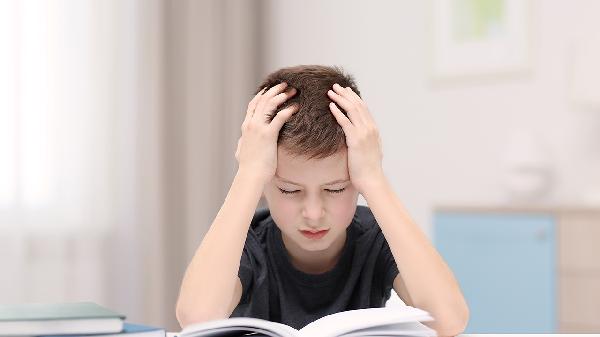You might assume that someone who avoids socializing is just shy, introverted, or even rude—but the truth is, there’s often a deeper reason behind their retreat from social situations. It’s not always about disliking people or preferring solitude. Sometimes, it’s about self-preservation, past experiences, or even an invisible struggle they’re dealing with.

The Hidden Weight of Past Experiences
For some, avoiding social interactions isn’t a choice—it’s a learned response. Maybe they’ve been burned before—ghosted by friends, excluded from groups, or even bullied. These experiences can leave deep emotional scars, making socializing feel like walking through a minefield. The brain remembers pain, and if socializing has caused hurt in the past, it’s only natural to want to avoid repeating that pain.
The Exhaustion of Masking
Ever felt like you have to put on a performance just to fit in? For many people, especially those with social anxiety or neurodivergent traits, socializing means constantly masking their true selves. They might rehearse conversations, overanalyze reactions, or force enthusiasm just to seem "normal." That kind of effort is exhausting. After a while, avoiding social situations becomes less about disliking people and more about needing a break from the mental gymnastics.
Overstimulation and Sensory Overload
Not everyone thrives in loud, crowded spaces. For some, social gatherings are a sensory nightmare—bright lights, overlapping conversations, and unpredictable noise levels can feel overwhelming. It’s not that they don’t want to be around people; it’s that their nervous system can’t handle the chaos. Avoiding socializing might just be their way of protecting their mental bandwidth.
The Fear of Being "Too Much" (Or Not Enough)
Some people withdraw because they’re afraid of being judged—either for talking too much, not talking enough, or just not fitting the mold. They might worry that their humor is awkward, their stories are boring, or their presence is unwanted. That kind of self-doubt can make socializing feel like a high-stakes performance where they’re constantly waiting for the audience to boo them offstage.
When Socializing Feels Like a Chore
Let’s be real—not all social interactions are rewarding. Small talk, obligatory hangouts, and forced networking can feel draining, especially for people who crave deeper connections. If every conversation feels superficial or exhausting, it’s no wonder someone might start opting out. It’s not antisocial behavior—it’s just a preference for quality over quantity.
What You Can Do (If You Care)
If you know someone who avoids socializing, don’t assume they’re just being distant. Instead, try offering low-pressure invitations—maybe a one-on-one coffee date instead of a big party. Let them know it’s okay to take things at their own pace. Sometimes, the best way to help someone re-engage is by creating a space where they feel safe, accepted, and free to be themselves.
At the end of the day, avoiding socializing isn’t always about disliking people—it’s often about protecting oneself from discomfort, exhaustion, or emotional risk. And honestly? That’s a pretty valid reason.
























